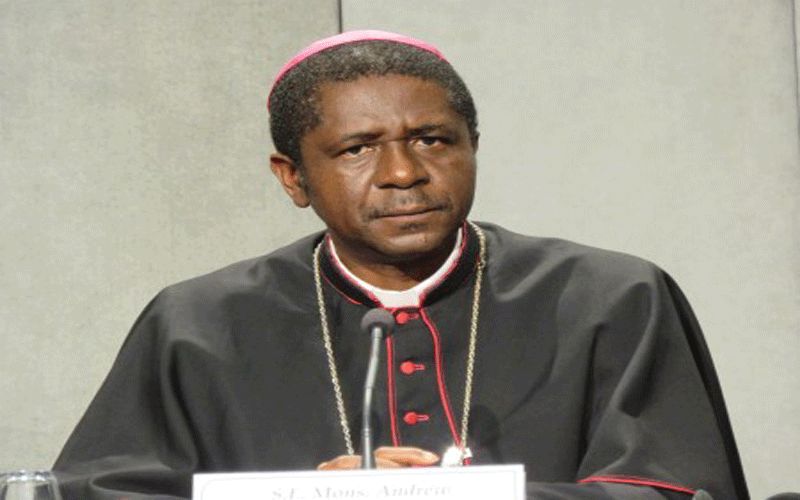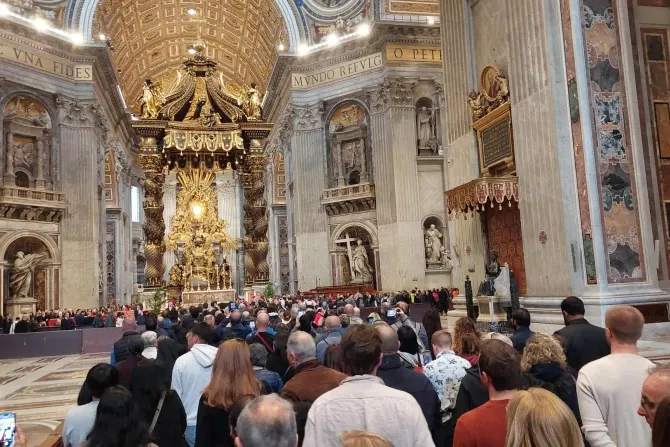“We are getting people to have a bit of confidence in themselves and the society,” Bishop Nkea told ACI Africa in Nairobi last Wednesday where he was taking part in the continental conference on trauma among Church personnel.
Mamfe diocese has also the pastoral challenge of looking after the significant number of Internally Displaced Persons (IDPs) as well as those who fled to neighboring Nigeria as refugees and still rely on support from Cameroon.
“There is a lot of instability with regards to the population, a lot of people had run away, some moved to Nigeria as refugees, some have run into the bushes,” Bishop Nkea said.
“The IDPs are many, if you go to the refugee camp for example in Ogoja (a Local Government Area in Cross River State in Nigeria), there are about 5000 or more people there,” He explained and wondered, “How can you feed 5000 people every day?”
He narrated the intervention by the Church saying, “We still have these problems of bringing food to the various communities and bringing medication to those who are sick.”
“In spite of the odds, in spite of the danger to our own lives, we persevere to remain there as a sign of hope to the people,” he said and added, “If the Church also disappears then the people are now not just like sheep without a shepherd but they are like they have lost the last ray of hope they had.”
According to Unicef, over 80% of schools have been shut down as a result of the Anglophone crisis, denying more than 600,000 children access to education.
Commenting on the challenge with schools in his Mamfe diocese, Bishop Nkea said, “I would say that in Mamfe town my schools are working. My primary school of Saint Joseph has over 500 children, although it is not easy; we are getting threats every day from the boys (the Separatists Fighters) to close down the school, but we just cannot, we have to go on.”
“Children cannot be out of schools for three years, this is the fourth year and we still talk about no schools,” he said in reference to efforts taken to keep children in school and regretted, “In some areas where roads are completely blocked, Schools are all closed.”
Underlining the challenge of insecurity and its impact on the ministry of the local Church, Bishop Nkea said, “For two years now, I have not done regular pastoral visits. I used to go round the parishes, but now because of the insecurity some of the roads are completely blocked, some of the bridges have been cut off.”








